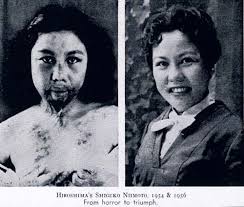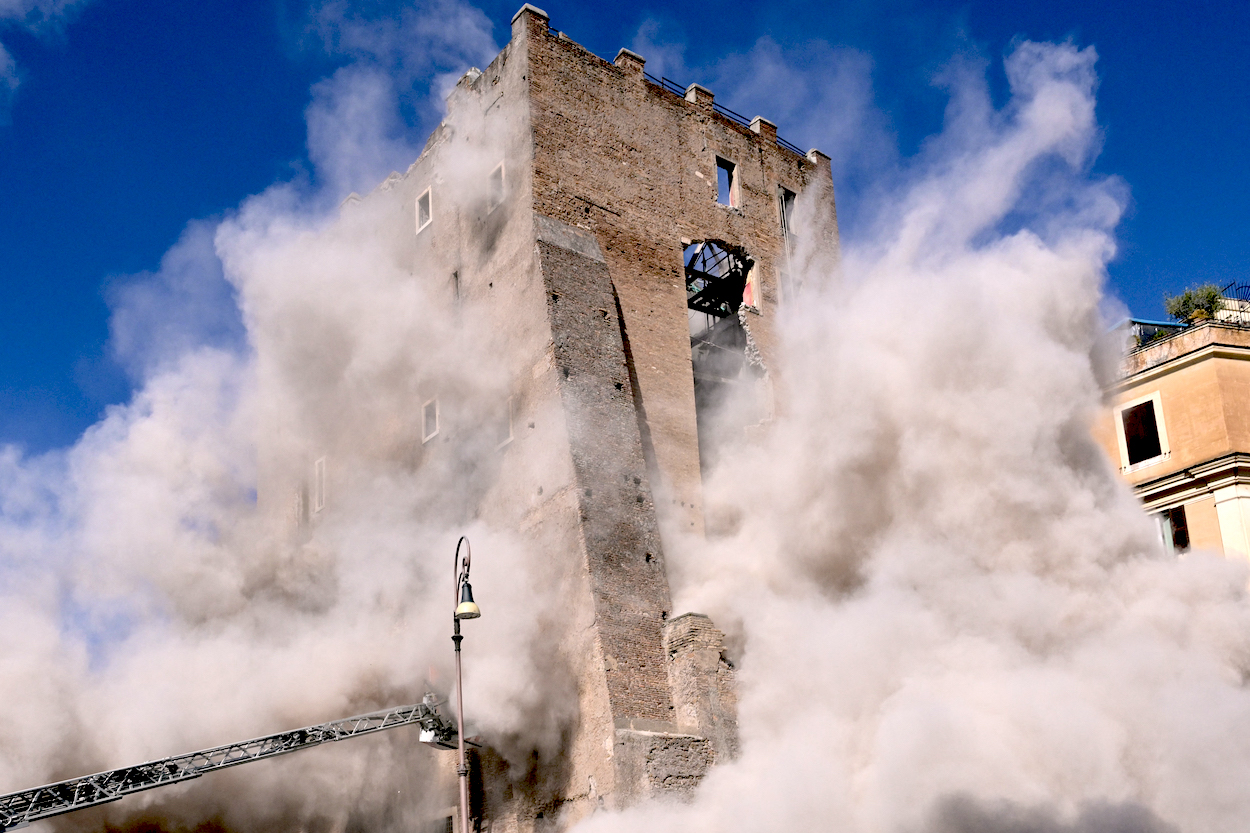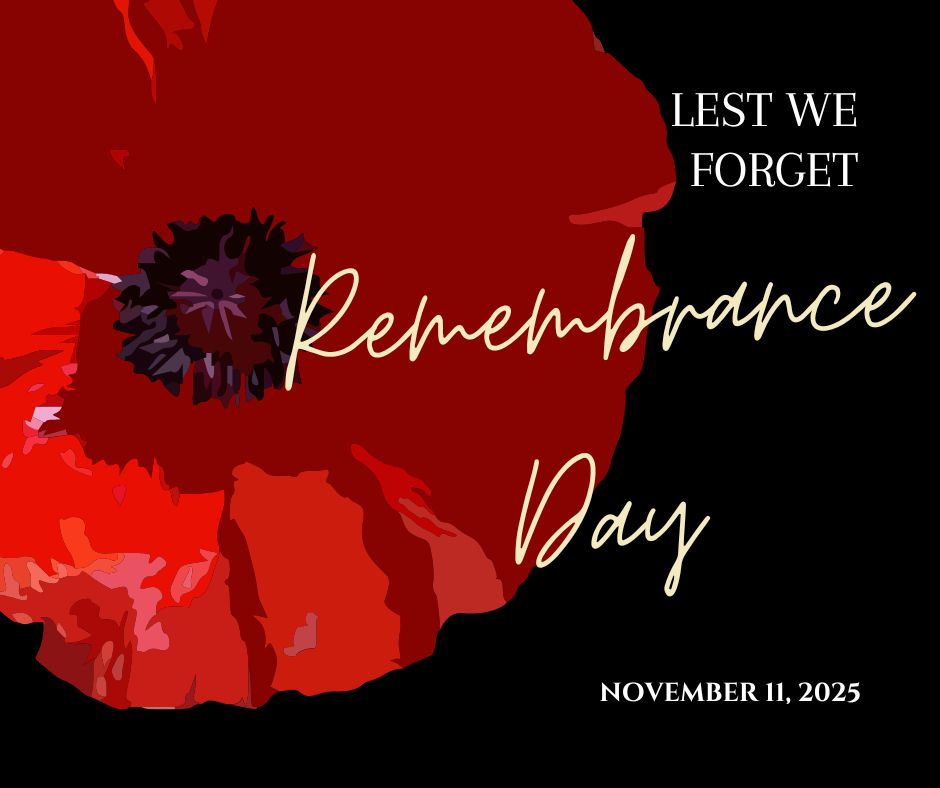
Introduction
Hibakusha, a term that translates to ‘explosion-affected people’, refers to the survivors of the atomic bombings in Hiroshima and Nagasaki during World War II. With significant implications for discussions on nuclear weapons, their stories serve as vital reminders of the devastating impact of atomic warfare, influencing both policy and public sentiment towards nuclear disarmament.
The Historical Context
On August 6 and 9, 1945, the cities of Hiroshima and Nagasaki were devastated by atomic bombs dropped by the United States, resulting in immediate deaths and long-term suffering from radiation exposure. Estimates indicate that over 200,000 people died as a result of these attacks, and many more lived with the physical and psychological scars of the bombings. Hibakusha, who lived through these horrors, now play a crucial role in advocating for peace and educating future generations about the impacts of nuclear warfare.
Current Perspectives and Survivors’ Accounts
As of 2023, the remaining Hibakusha are increasingly being recognised not only for their survival but also for their powerful testimonies. Many share accounts of the horrors they experienced, emphasizing the urgent need for global nuclear disarmament. These narratives have gained renewed attention in light of rising global tensions and the threats posed by nuclear-capable states. Recent events, including the conflict in Ukraine and rhetoric surrounding North Korea, have reignited debates over the necessity and risks associated with nuclear arsenals.
In the last few months, various events across Japan and internationally have focused on the voices of Hibakusha. Commemorations and peace marches have highlighted their calls for a world free of nuclear weapons, reinforcing the relevance of their experiences amid ongoing global challenges.
Conclusion
The stories of Hibakusha are not just historical accounts; they are powerful reminders of the destructive potential of nuclear weapons. Their experiences highlight the critical importance of peace advocacy and the ongoing dialogue surrounding nuclear disarmament. As more Hibakusha pass away, it becomes even more vital to ensure that their messages endure, shaping future policies and fostering a commitment among nations to prevent the horrors of atomic warfare from ever happening again. Ultimately, the legacy of Hibakusha encapsulates a poignant history that calls for collective responsibility towards a peaceful, nuclear-free future.
You may also like

Tragic Collapse of Medieval Tower in Rome

The Role of the Shogun in Japanese History
